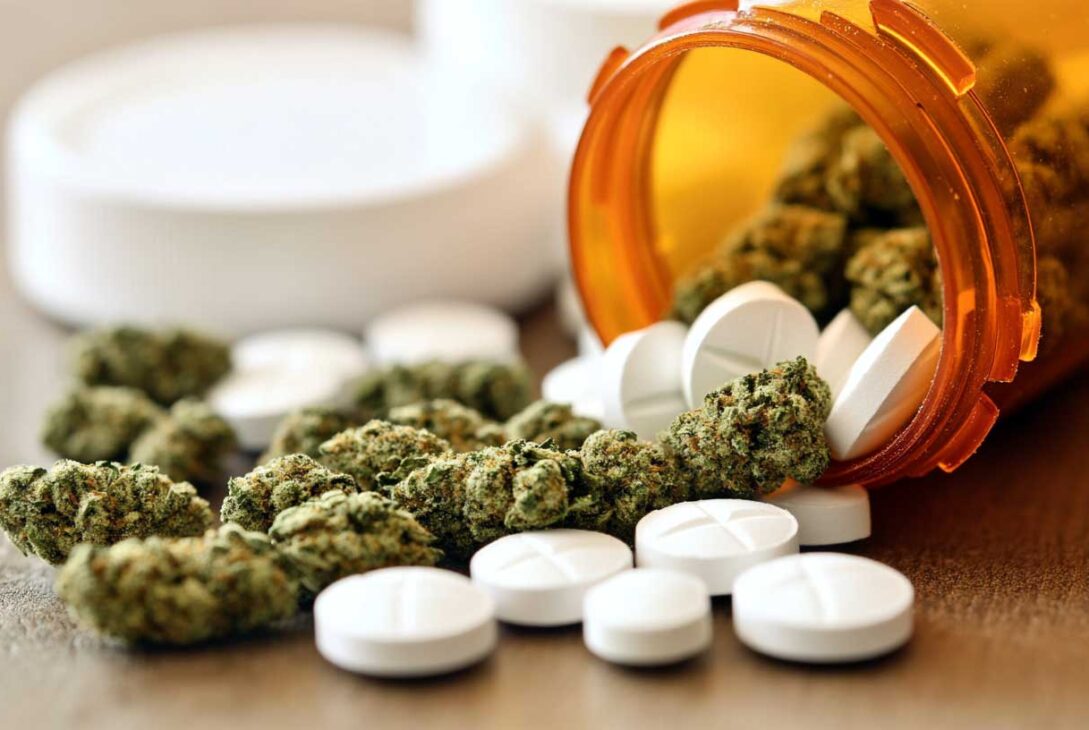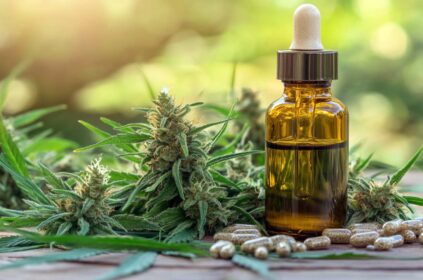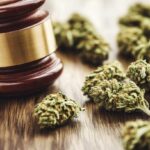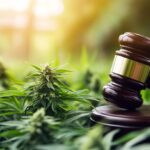Introduction to CBD and Opioid Addiction Recovery
The opioid epidemic has cast a long shadow across societies, highlighting the urgent need for effective, safer treatment options for those struggling with addiction. In this challenging landscape, Cannabidiol (CBD), a non-psychoactive compound derived from the cannabis plant, has emerged as a potential ally for recovery. This guide is designed to explore the roles and benefits of CBD in the context of opioid addiction and withdrawal, shedding light on its mechanisms, current research findings, and the promise it holds as a supportive therapeutic tool.
Understanding Opioid Addiction and Withdrawal
Opioid addiction, clinically referred to as Opioid Use Disorder (OUD), is a chronic condition characterized by the compulsive use of opioids, often despite detrimental consequences. The journey of withdrawal from opioid substances can be harrowing. Individuals may experience a host of debilitating symptoms such as:
- Severe pain
- Nausea
- Anxiety
- Insomnia
These symptoms can pose significant barriers to recovery, making the effective management of withdrawal a crucial component of any treatment strategy.
CBD’s Therapeutic Properties
Reducing Withdrawal Symptoms
A key area of interest regarding CBD is its potential to alleviate withdrawal symptoms. Research indicates that CBD may effectively reduce anxiety, nausea, and pain—common companions of opioid withdrawal. One notable clinical trial found that CBD significantly diminished cue-induced cravings and anxiety in individuals with heroin use disorder. Remarkably, these effects persisted for about a week following the administration of CBD, suggesting lasting benefits.
Providing Effective Pain Relief
For many individuals battling addiction, chronic pain often plays a pivotal role in the cycle of dependency on opioids. CBD has garnered attention for its analgesic properties, offering a safer alternative for pain management. In various studies, it has been demonstrated that incorporating CBD can help reduce both the need for opioid medications and the intensity of pain that individuals experience. This dual action not only eases discomfort but also fosters a reduced reliance on addictive medications.
Supporting Mental Health
Mental health challenges frequently accompany opioid addiction, manifesting as anxiety, depression, or even post-traumatic stress disorder (PTSD). CBD’s mood-stabilizing properties can be invaluable in this context. By helping to mitigate anxiety and enhance mood stability, CBD supports recovery, allowing individuals to reclaim a sense of normalcy in their lives.
Reducing Cravings and Preventing Relapse
One of the most formidable challenges in recovery is managing cravings and preventing relapse. CBD has a unique ability to interact with the brain’s reward system, which may reduce the reinforcing effects of opioids. Studies suggest that CBD can modulate responses to drug-related cues, thereby decreasing the intensity of cravings and the likelihood of relapse among recovering individuals.
Mechanisms of Action
Interaction with the Endocannabinoid System
The endocannabinoid system (ECS) plays a vital role in maintaining homeostasis within the body, regulating functions such as pain, mood, and stress. CBD interacts with the ECS in a way that helps restore balance, potentially alleviating symptoms associated with withdrawal and supporting overall mental well-being.
Neuroprotective Properties
CBD’s neuroprotective properties may aid in the recovery of brain functions that have been compromised through prolonged substance abuse. By potentially reducing inflammation and oxidative stress, CBD can contribute to a healthier recovery process, enabling individuals to rebuild their lives on more stable foundations.
Current Research and Findings
The body of research investigating CBD’s role in opioid addiction recovery is growing. Some research highlights include:
- A study revealing that over half of chronic pain patients either reduced or eliminated their opioid use within eight weeks after incorporating CBD-rich hemp extract into their treatment regimen. Participants also reported notable improvements in pain intensity and sleep quality.
- Clinical trials demonstrating that CBD markedly reduced cravings and anxiety in individuals undergoing treatment for heroin addiction, with effects lasting well beyond the sessions.
- Preliminary data indicating that CBD may also help individuals struggling with cannabis and tobacco addictions by dampening the rewarding effects of these substances and alleviating associated withdrawal symptoms.
Safety and Regulatory Considerations
While the evidence supporting CBD’s potential in opioid addiction recovery is compelling, it is essential to approach its use with caution. As of now, health authorities have not approved CBD specifically for this purpose, and unregulated cannabis products—particularly those containing THC—present additional risks. It is vital for individuals considering CBD to engage in informed discussions with healthcare providers and to ensure they source their products from reputable suppliers.
Conclusion and Next Steps
The potential for CBD to play a positive role in the treatment of opioid addiction and withdrawal is both exciting and hopeful. Its ability to lessen withdrawal symptoms, provide pain relief, support mental health, and mitigate cravings suggests that it could be a valuable component in comprehensive treatment strategies.
For individuals interested in exploring CBD as part of their recovery journey, here are some actionable tips to consider:
- Consult a Healthcare Provider: Before starting any new treatment, including CBD, it’s crucial to consult with a healthcare provider to discuss potential benefits and risks tailored to your situation.
- Choose High-Quality Products: Prioritize CBD products from reputable sources that undergo third-party testing to ensure quality and safety, with minimal or no THC.
- Combine with Other Treatments: Utilize CBD as part of a broader treatment plan that includes evidence-based therapies like counseling and support groups.
- Stay Informed: Regularly monitor research advancements and regulatory changes in the realm of CBD and addiction treatment to make well-informed decisions.
By integrating CBD into a holistic treatment approach, individuals grappling with opioid addiction can carve a path toward a safer and more effective recovery journey.
Additional Resources
For those seeking more information or support related to opioid addiction and CBD:
- Medical Cannabis Specialists: Engaging with healthcare providers who specialize in medical cannabis applications can provide tailored guidance.
- Support Groups: Connecting with support communities can offer shared experiences and foster encouragement during recovery.
- Research Studies: Keeping an eye on academic and clinical research will help you stay updated regarding new findings and innovative treatment methods.
As we confront the complexities of the opioid crisis, the exploration of advanced and scientifically-backed treatment options like CBD offers a beacon of hope for many in their journey toward recovery and health.




















